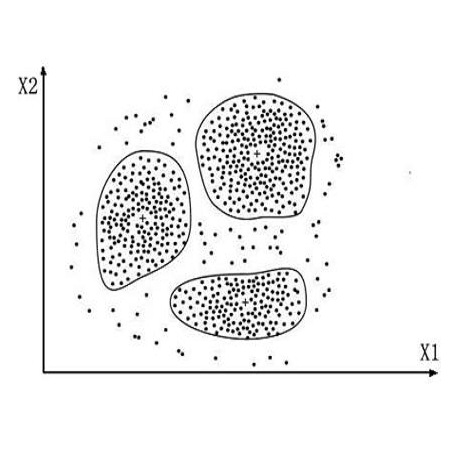The discovery of customer intention from dialogue plays an important role in automated support system. However, traditional text clustering methods are poorly aligned with human perceptions due to the shift from embedding distance to semantic distance, and existing quantitative metrics for text clustering may not accurately reflect the true quality of intent clusters. In this paper, we leverage the superior language understanding capabilities of Large Language Models (LLMs) for designing better-calibrated intent clustering algorithms. We first establish the foundation by verifying the robustness of fine-tuned LLM utility in semantic coherence evaluation and cluster naming, resulting in an accuracy of 97.50% and 94.40%, respectively, when compared to the human-labeled ground truth. Then, we propose an iterative clustering algorithm that facilitates cluster-level refinement and the continuous discovery of high-quality intent clusters. Furthermore, we present several LLM-in-the-loop semi-supervised clustering techniques tailored for intent discovery from customer service dialogue. Experiments on a large-scale industrial dataset comprising 1,507 intent clusters demonstrate the effectiveness of the proposed techniques. The methods outperformed existing counterparts, achieving 6.25% improvement in quantitative metrics and 12% enhancement in application-level performance when constructing an intent classifier.
翻译:暂无翻译





